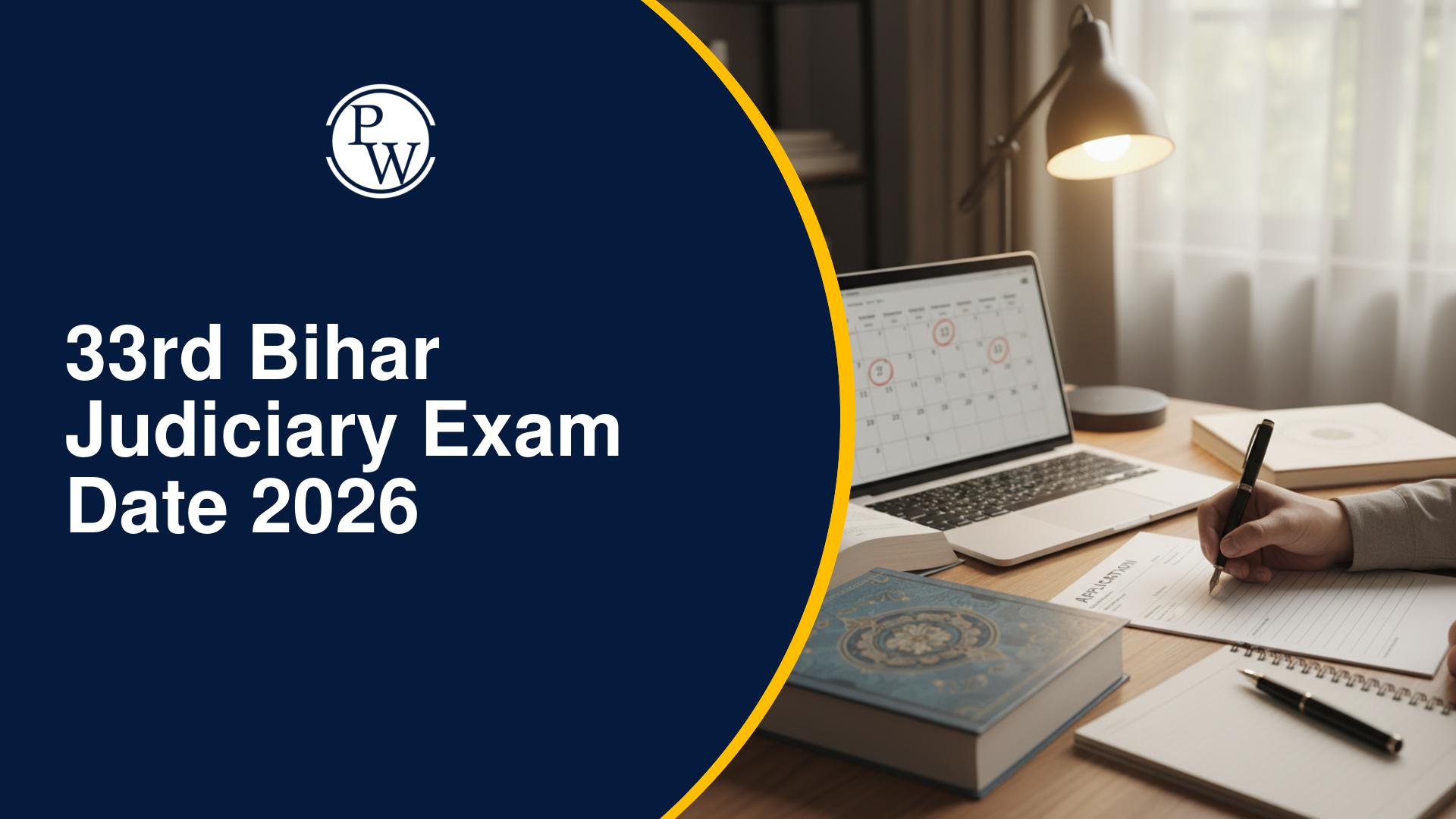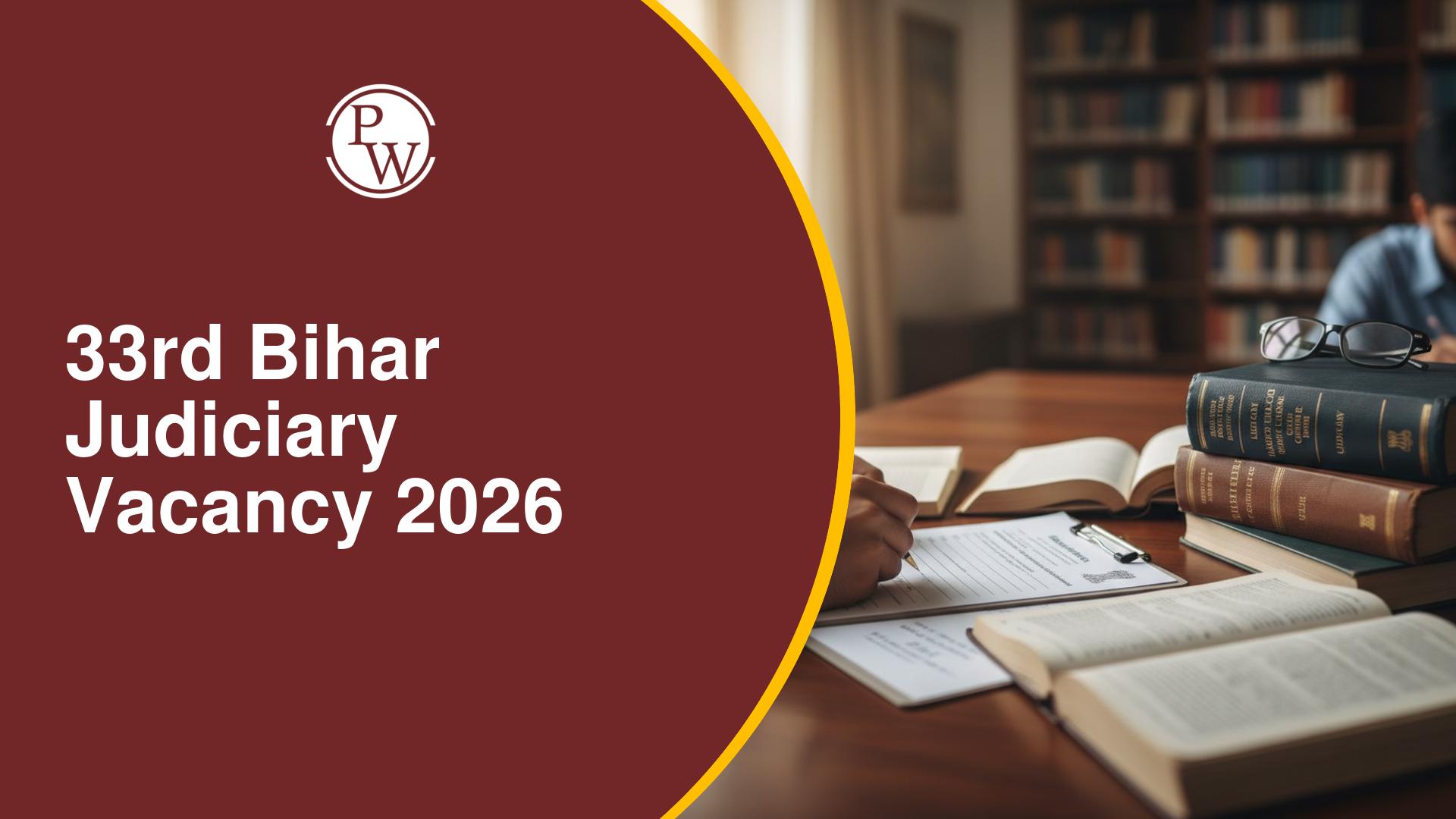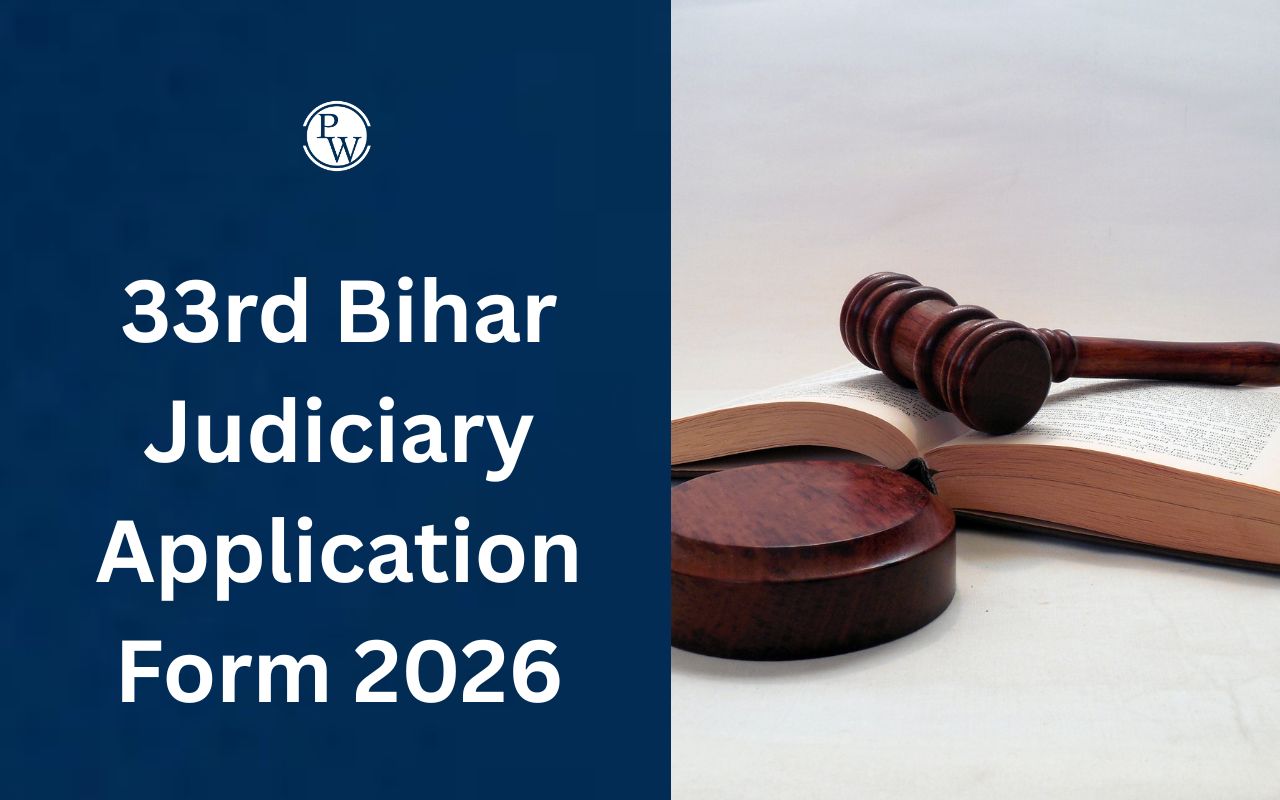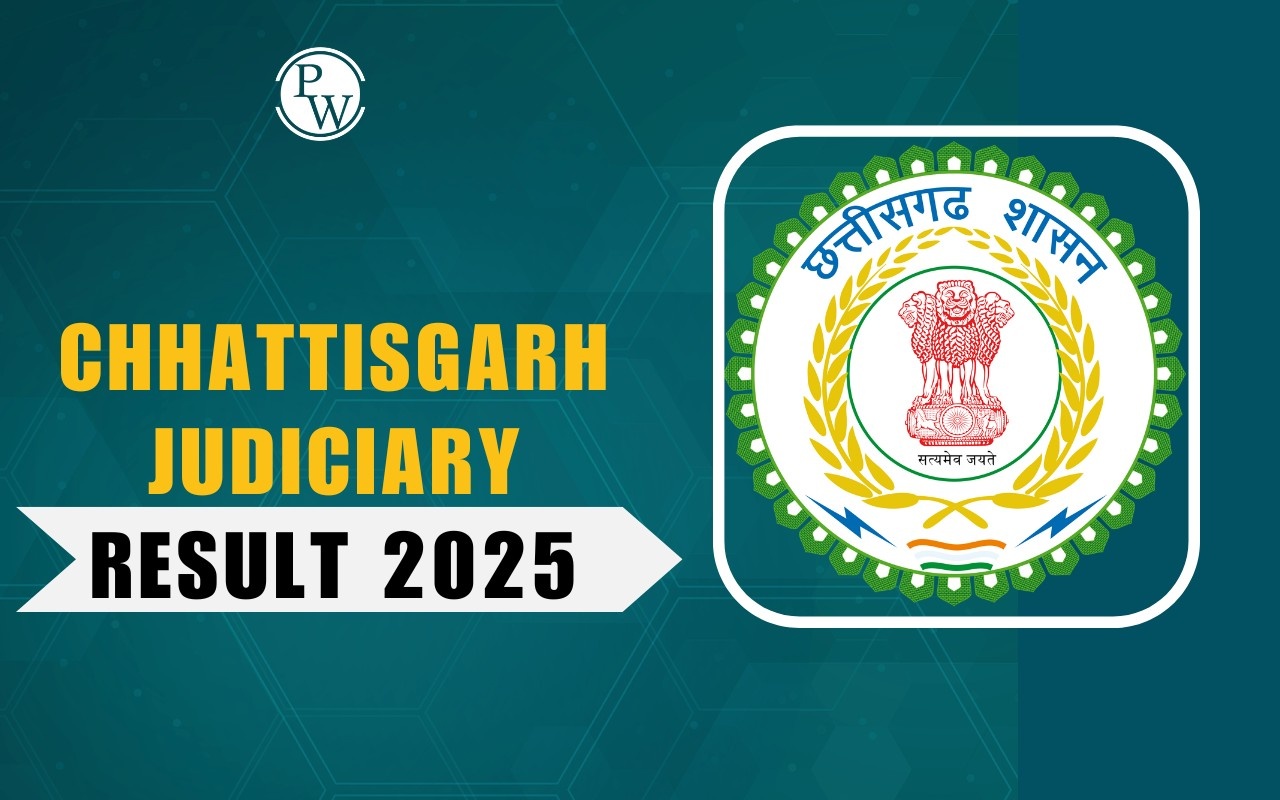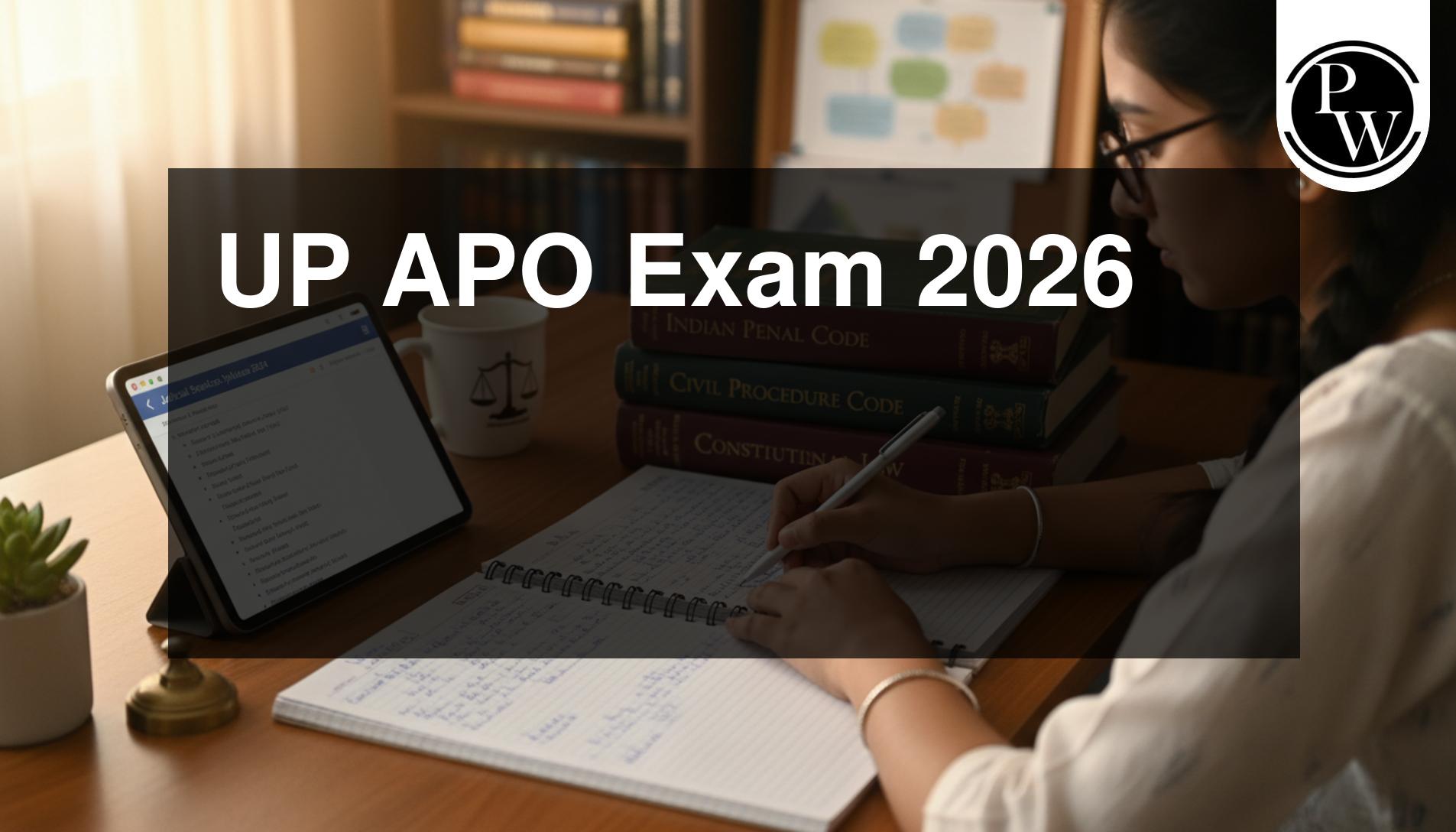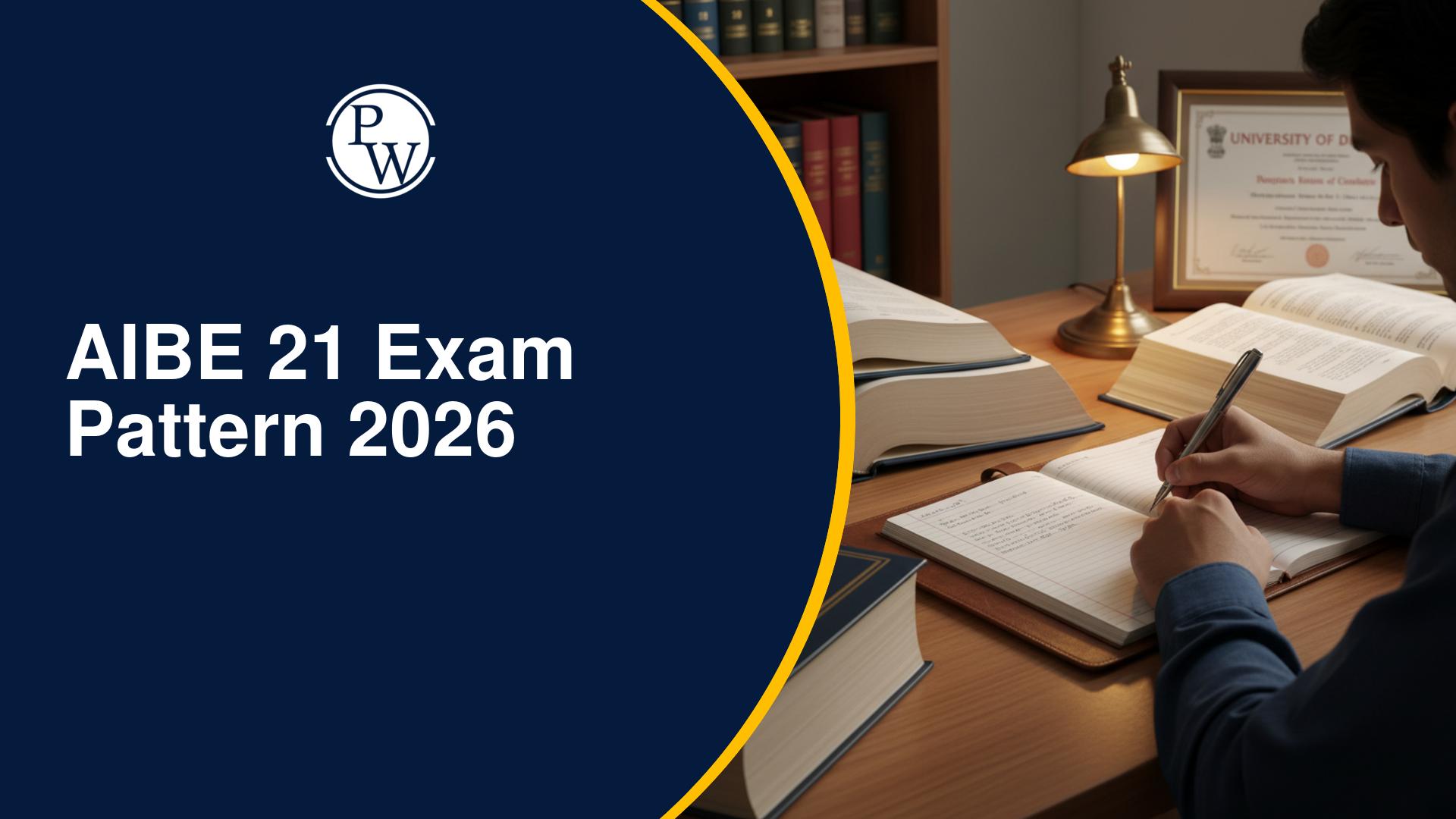
Judiciary Exam Pattern 2025 is structured to assess a candidate's legal understanding, analytical ability, and comprehensive knowledge of Indian laws and procedures. Conducted by various State Public Service Commissions and High Courts, the judiciary exam is a gateway for law graduates aspiring to become Civil Judges or Judicial Magistrates in the Indian judicial system. The recruitment process typically comprises three stages: Preliminary Examination, Main (Written) Examination, and Viva-Voce (Interview). Understanding the exam pattern is necessary for devising a strategic preparation plan.
Judiciary Exam Pattern 2025 Overview
The Judiciary Exam Pattern 2025 reflects a uniform structure across most states, although the specifics, such as subjects, mark distribution, and syllabus, vary from one state to another. The three-stage selection process includes:
-
Preliminary Exam (Objective)
-
Mains Exam (Descriptive)
-
Interview (Personality Test)
Candidates must clear each stage to progress to the next, with cumulative performance determining final selection.
State Wise Judiciary Exam Pattern 2025
The Judiciary Exam Pattern 2025 may differ slightly based on the specific rules and regulations of each State Public Service Commission or High Court. Given the decentralized nature of upcoming judicial recruitment, the State Wise Judiciary Exam Pattern 2025 provides insights into the exam structure adopted by different state commissions:
|
State-Wise Judiciary Exam Pattern 2025 |
|||
|
State |
Prelims Subjects |
Mains Subjects |
Conducting Body |
|
Uttar Pradesh |
General Studies, Law |
General Hindi, Substantive & Procedural Law |
UPPSC |
|
Bihar |
General Awareness, Law |
General Hindi, Constitutional Law, IPC, CrPC, Evidence |
BPSC |
|
Madhya Pradesh |
General Knowledge, Law |
Language Papers, Law Papers |
MPPSC |
|
Chhattisgarh |
General Studies, Law |
Language and Law Papers |
CGPSC |
|
Rajasthan |
Law, General Knowledge |
Civil Law, Criminal Law, Language |
RPSC |
|
Haryana |
Law, General Studies |
Essay Writing, Law Papers |
HPSC |
The State Wise Judiciary Exam Pattern 2025 thus highlights how state-specific nuances play a critical role in preparation.
Judiciary Exam Eligibility 2025
Prelims Judiciary Exam Pattern 2025
The Prelims Judiciary Exam Pattern 2025 serves as the screening stage, primarily objective in nature. It tests a candidate's foundational knowledge and awareness of legal and general studies topics. Key components include:
-
Mode: Objective (Multiple Choice Questions)
-
Duration: 2 to 3 hours (varies by state)
-
Subjects:
-
General Knowledge & Current Affairs
-
Constitution of India
-
Indian Penal Code (IPC)
-
Criminal Procedure Code (CrPC)
-
General English and/or Hindi
Marks scored in the Prelims are usually not counted in the final merit, but are essential for qualifying for the Mains.
|
Prelims Judiciary Exam Pattern 2025 |
|||
|
Paper |
Subjects |
Marks |
Duration |
|
Paper I |
General Knowledge, Current Affairs, English |
100 |
2 hours |
|
Paper II |
Law Subjects (IPC, CPC, CrPC, Constitution) |
100 |
2 hours |
Mains Judiciary Exam Pattern 2025
The Mains Judiciary Exam Pattern 2025 is descriptive and assesses in-depth legal understanding, writing skills, and articulation. This stage often includes four to six papers, comprising both legal and language components.
Common Subjects in Mains:
-
Constitutional Law
-
Criminal Law & Procedure
-
Civil Law
-
Law of Evidence
-
Judgment Writing
-
Essay Writing in English and/or Hindi
-
Precis and Translation
The Mains Judiciary Exam Pattern 2025 varies in complexity and scope depending on the conducting authority, but it remains the most critical stage in terms of marks weightage. Although paper structure varies slightly by state, a standard mains pattern includes:
|
Mains Judiciary Exam Pattern 2025 |
|||
|
Paper |
Topics |
Marks |
Duration |
|
Language Paper |
Essay, Translation, Precis Writing |
100-200 |
3 hours |
|
Civil Law Paper |
CPC, Contract Act, TPA, Family Law |
200-300 |
3 hours |
|
Criminal Law Paper |
IPC, CrPC, Indian Evidence Act |
200-300 |
3 hours |
|
General Knowledge |
Current Legal Developments, Constitution, etc. |
100-200 |
3 hours |
|
Optional Papers |
Varies as per state requirements |
Varies |
Varies |
Judiciary Mains Answer Writing Tips
Interview Judiciary Exam Pattern 2025
The final phase, the Interview Judiciary Exam Pattern 2025, is designed to assess the personality, communication skills, and overall suitability of the candidate for a judicial role.
-
The interview usually carries 50 to 100 marks.
-
A panel of senior judges and legal experts evaluates the candidate's responses.
-
Candidates may be asked about:
-
Recent legal developments
-
Legal maxims and landmark judgments
-
Ethical dilemmas and situational analysis
-
Legal Knowledge and Analytical Ability
-
Judicial Temperament
-
General Awareness
Performance in the interview can significantly influence the final merit list.
Judiciary Exam 2025 Preparation Tips
To navigate the competitive and challenging Judiciary Exam Pattern 2025, consider the following Judiciary Exam 2025 Preparation Tips:
-
Understand the Syllabus Thoroughly: Before beginning your preparation, carefully go through the Judiciary Exam syllabus of both Prelims and Mains.
-
Make a Realistic Study Plan: Allocate daily slots for reading Bare Acts, case laws, and current legal developments.
-
Focus on Bare Acts: A profound understanding of bare acts is essential, especially for prelims.
-
Practice Answer Writing: Regularly practice descriptive answers to enhance writing skills for mains.
-
Mock Tests & Previous Year Papers: Attempting mocks will improve speed, accuracy, and time management.
-
Stay Updated: Read legal magazines, journals, and newspapers for current affairs and case law analysis.
Judiciary Exam 2025 Preparation Books
Selecting the right resources can significantly impact your performance. Here are some highly recommended Judiciary Exam 2025 Preparation Books:
|
Judiciary Exam 2025 Preparation Books |
|
|
Subject |
Recommended Books |
|
Indian Penal Code (IPC) |
Ratanlal & Dhirajlal’s IPC |
|
Civil Procedure Code |
C.K. Takwani’s Civil Procedure |
|
Criminal Procedure Code |
Kelkar’s Lectures on Criminal Procedure |
|
Evidence Act |
Batuk Lal’s Law of Evidence |
|
Constitution |
M.P. Jain or V.N. Shukla’s Constitution |
|
General Knowledge |
Lucent GK, Current Affairs Yearbooks |
|
English Language |
Wren & Martin, Objective General English by S.P. Bakshi |
|
Hindi (if applicable) |
Samanya Hindi by Lucent |
These books align with the Judiciary Exam Pattern 2025 and provide a solid foundation for both Prelims and Mains.
Gain a deeper understanding of court procedures, case analysis, and legal reasoning through our specialized judiciary courses available at online judiciary coaching.
Judiciary Exam Pattern 2025 FAQs
What is included in the Prelims Judiciary Exam Pattern 2025?
How many papers are there in the Mains Judiciary Exam Pattern 2025?
Is there a viva-voce in the Interview Judiciary Exam Pattern 2025?
Does the Judiciary Exam Pattern 2025 vary by state?
How should I begin Judiciary Exam 2025 preparation?
Which books should i refer for the Judiciary Exam 2025?


